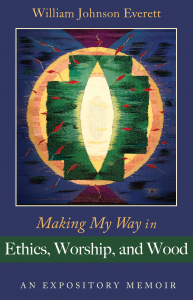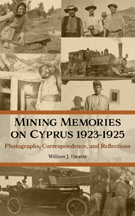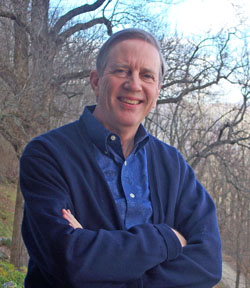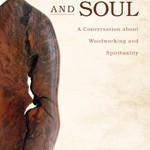American Conservatism is indeed at a crossroads without a map. In a recent article, Yuval Levin (“The Republicans’ Road Back,’ Newsweek, March 16, 2009, p. 33) states “conservatives have sought to preserve and secure the values of the family and the market against an encroaching progressivism…” This seems to exemplify the failure of conservative theory rather than lead it forward. Conservatives should have a deep sense of history and its complexity. Does he not know that the greatest solvent of family bonds since slavery has been the unregulated market? In its emphasis on individual productivity it has put husbands and wives on separate economic feet, thus ending the patriarchal family. This was extolled by “liberals” but excoriated by “conservatives.” Giant markets have then uprooted children and families from communities in which their parents nurtured them and devoured the mom and pop stores that were the sinews of neighborhoods. For a while conservatives have threatened to undo the social security net that helped families care for each other. They have opposed a more efficient and extensive health care system in the name of markets, not family needs (other than the individual’s need for “choice,” something they do not apply to women with unwanted pregnancies. Until Levin’s conservatives come to terms with the enormous conflict between markets and families they will never be able to construct an appropriate theory of government that can deal with the problems we confront in the whole of our human ecology.
And this is the question, Who has a theory of government — its proper roles, forms of representation and election, and its legal-constitutional structure — that can deal with the issues of our whole human ecology (our oikos) that confront us as a globalized species? That’s the new shape of the question of government as a common human instrument to serve the common good. It’s not one that is being addressed or answered in the raucous and superficial debates that fill our media.
Dear, friends, let me know where you see some light on this subject.







 Red Clay, Blood River
Red Clay, Blood River
Great to hear from you, Steve. Indeed, the talk by Archbishop Williams is well worth reading in connection with this concern. He has turned our attention to basic ethical dimensions, with his statements about shared risk, but also to deeper theories of God and humanity, principally the notion that are dignity and freedom occur as embodied creatures within a gracious creation. I think where contemporary “conservatives” went astray is in their individualistic conception of the self as a free agent that should maximize choice (through the market), no matter the cost (usually not counted) to the environment and the neighbor. How this individualistic conception of the self could be compatible with most any theory of family remains a mystery to me.
Let’s keep these conversations going.
Bill
Hi Bill,
Nice to see you in the blogosphere. I’m doing some major rethinking about this kind of thing, and also lament the lack of a genuinely conservative (as opposed to neoconservative) voice in North American politics. I’m turning in my own work to some contemporary Augustinians, and am right now writing a paper on a very interesting scholar named Charles Mathewes. An American, Mathewes seems to me to be channeling another Augustinian: Rowan Williams, who has just given a wonderful critique of global capitalism, and called not for the abandonment of markets, but for their reimagining as a mechanism of human gift-giving and re-giving. If you as a good federalist-republican (at least that’s how I remember you!) wouldn’t mind listening to an Anglican Archbishop 🙂 you can look here:
http://www.archbishopofcanterbury.org/2323
Steve.